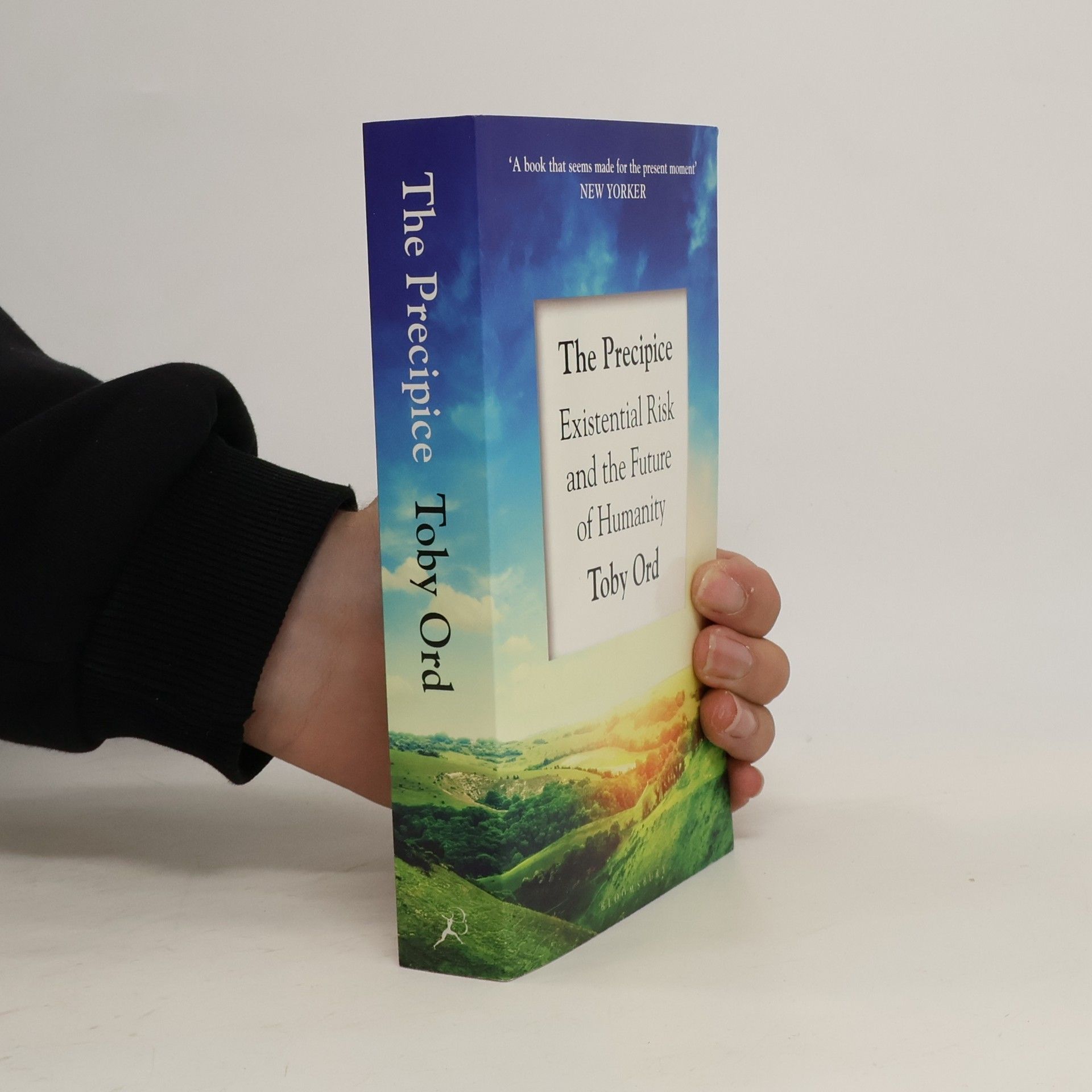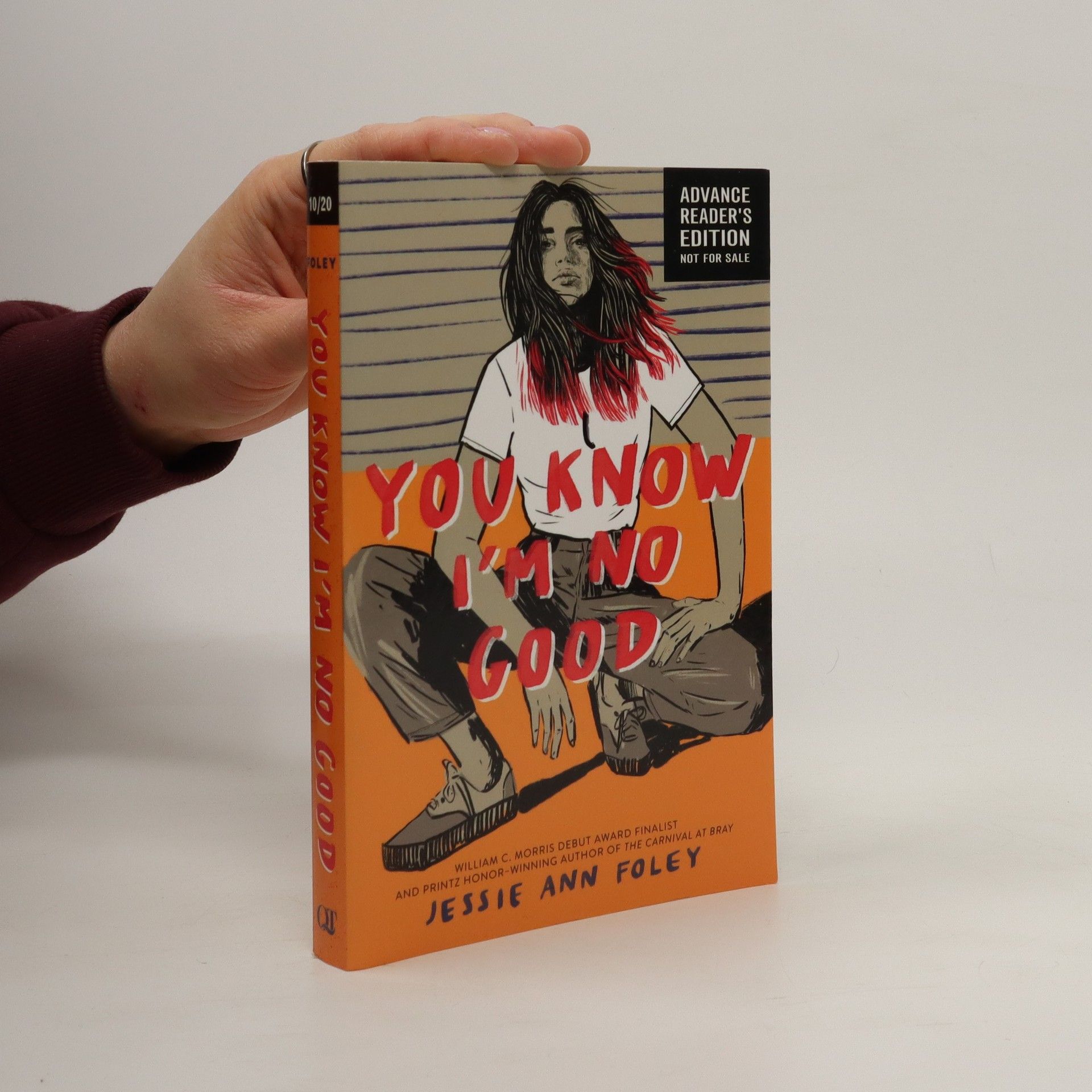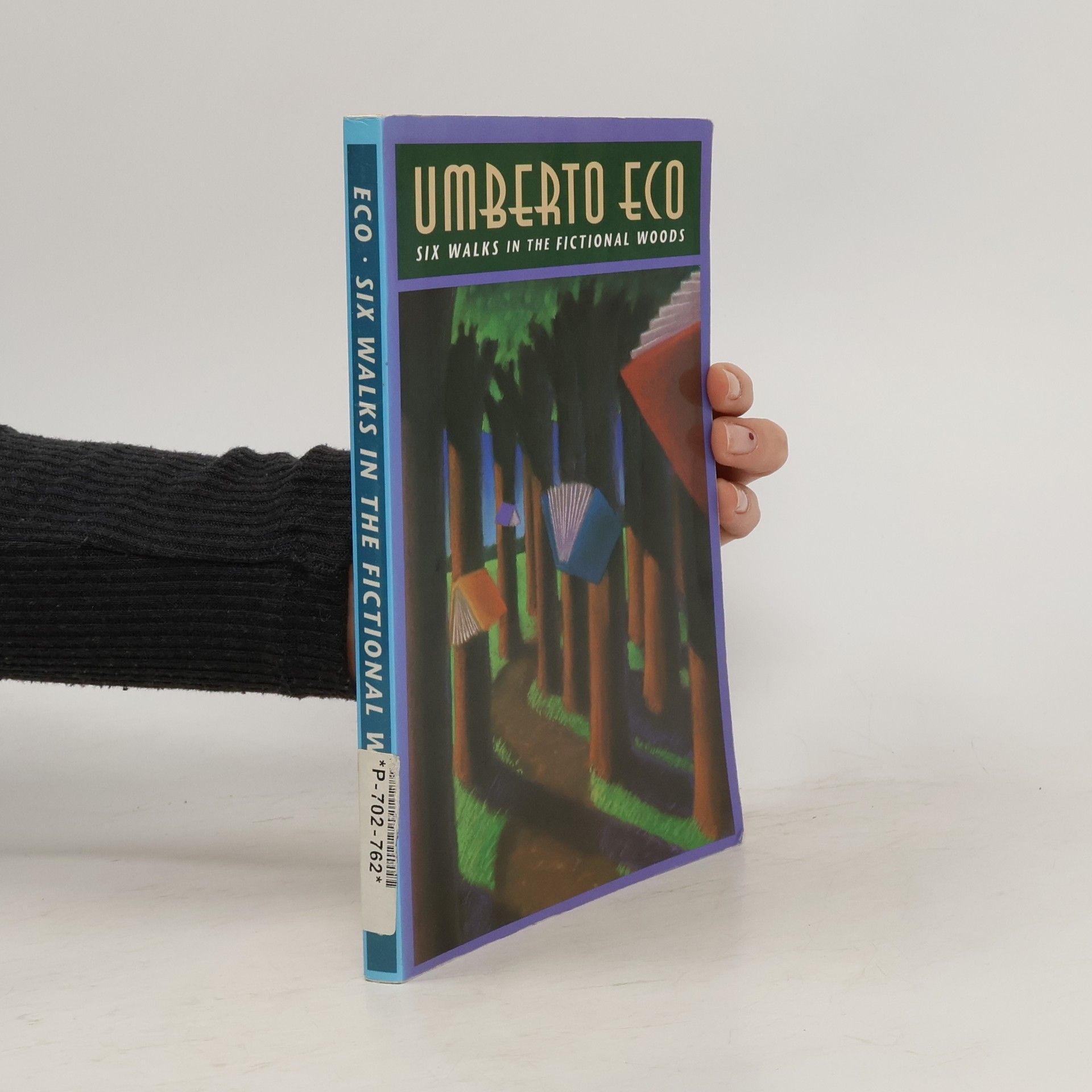Bludy v hlavě. Úzkosti, pochybnosti a jiní spolubydlící
- 144bladzijden
- 6 uur lezen
"Nejsi dost dobrý. Zkrátka jsi měla štěstí. Ostatní jsou lepší a kvalifikovanější než ty. Přepadly vás někdy uprostřed noci podobné pochybnosti? Přemýšlíte občas o tom, co jste mohli říct jinak v rozhovoru před dvěma lety? Něco vás nutí milionkrát prohlížet jednu a tu samou smsku, abyste zjistili, jak to odesílatel „skutečně“ myslel?Alfonso Casas, jeden z nejpopulárnějších katalánských tvůrců komiksu, je na tom stejně. O svém životě s monstry, která žijí v jeho hlavě, nakreslil intimní i humorný komiks a do vedlejších rolí obsadil příšerky, které zosobňují strachy, pochyby, traumata, toxické myšlenky, obavy z nejisté budoucnosti či sociální úzkost. Vznikl tak bestiář současné společnosti, který se stal senzací a vychází například ve Spojených státech nebo Číně. „Úzkostmi či pochybnostmi občas trpí i ten nejšťastnější člověk na světě. Alfonso Casas nám ukazuje cestu, jak se s nimi smířit,“ říká terapeut Honza Vojtko, který tento komiks čtenářům doporučil."






